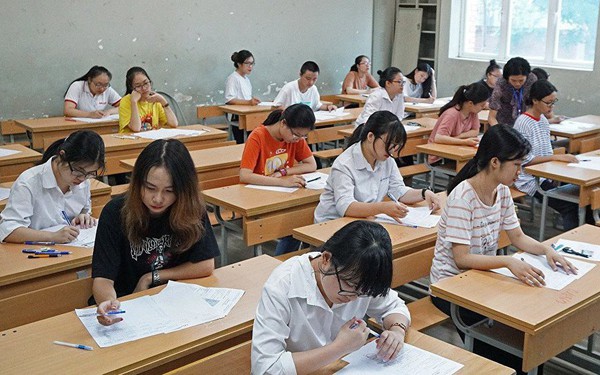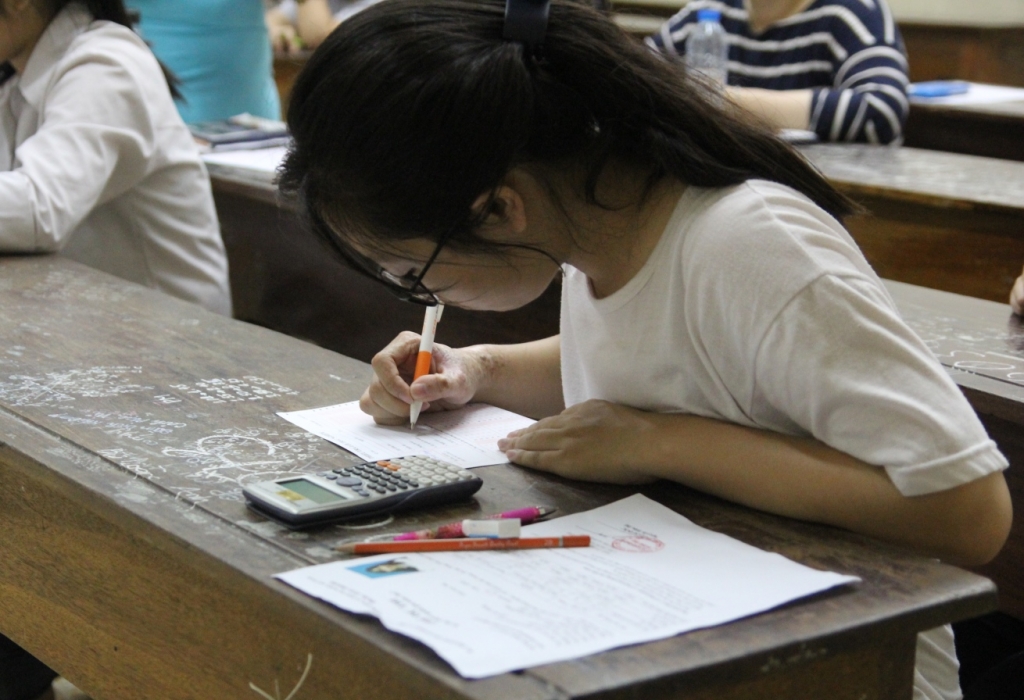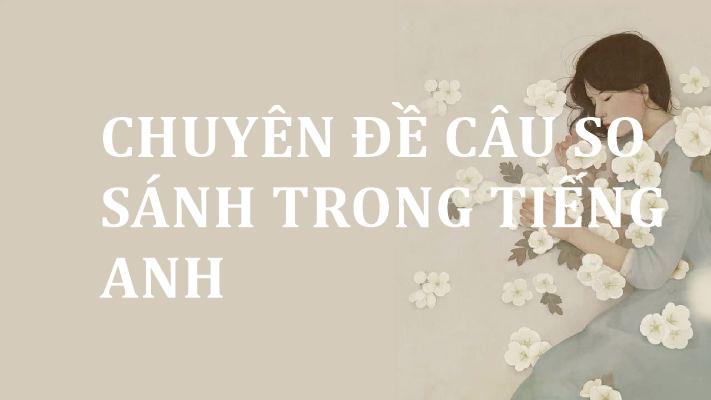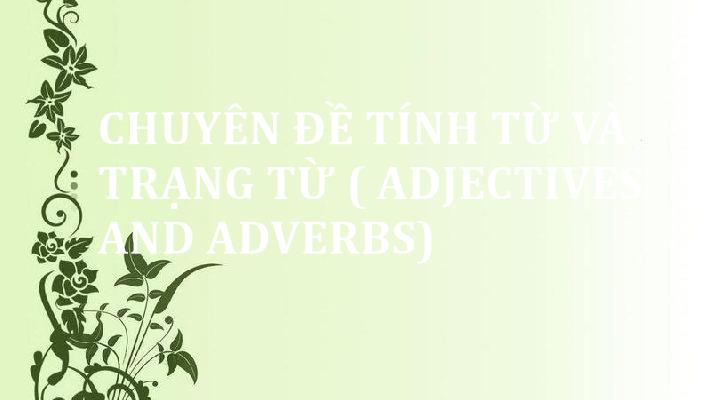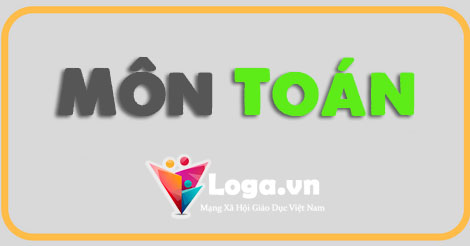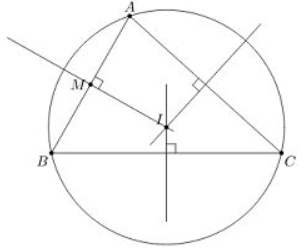UNIT 4: SPECIAL EDUCATION
A. Từ vựng quan trọng
- list(n) [list]: danh sách
- blind (n) [blaind]: mù
- deaf (n) [def]: điếc
- mute (n) [mju:t]: câm
- alphabet (n) ['ælfəbit]: bảng chữ cái
- work out (v) [wə:k, aut] : tìm ra
- message (n) ['mesidʒ]: thông điệp
- doubt (n) [daut]: sự nghi ngờ
- special (a) ['spe∫l]: đặc biệt
- disabled (a) [dis'eibld]: tàn tật
- dumb (a) [dʌm]: câm
- mentally (adv) ['mentəli]: về mặt tinh thần
- retarded (a) [ri'tɑ:did]: chậm phát triển
- prevent sb from doing sth (exp.) : ngăn cản ai làm gì
- proper (a) ['prɔpə] : thích đáng
- schooling (n) ['sku:liη] : sự giáo dục ở nhà trường
- opposition (n) [,ɔpə'zi∫n]: sự phản đối
- gradually (adv) ['grædʒuəli]: từ từ
- arrive (v) [ə'raiv]: đến
- make great efforts to do sth [greit , 'efət] (exp.): nỗ lực rất nhiều để làm gì
- time – comsuming (a) ['taim kən'sju:miη] : tốn thời gian
- raise (v) [reiz]: nâng, giơ
- open up ( v) ['oupən, ʌp]: mở ra
- demonstration (n) [,deməns'trei∫n] : sự biểu hiện
- add (v) [æd]: cộng
- subtract (v) [səb'trækt]: trừ
- be proud [praud] of sth (exp.) : tự hào về điều gì đó
- be different ['difrənt] from sth (exp): không giống cái gì
- Braille (n) [breil]: hệ thống chữ nổi cho người mù
- infer sth to sth (exp.) [in'fə:] : suy ra
- protest (v) ['proutest]: phản đối
B. Ngữ Pháp
I. The + ADJECTIVE: được dùng như một danh từ (a noun) để chỉ một nhóm/ giới và có nghĩa số nhiều.
E.g: They're going to build a school for the blind.
(Họ định xây một trường học cho người mù.)
People should pay attention to the abandoned.
(Người ta nên chú ý đến những người bị bỏ quên.)
1. USED TO + bare infinitive: được dùng diễn tả một thói quen hay một tình huống trong quá khứ mà nay không còn.
Eg: He used to play chess but he doesn’t now.
(Ông ấy đã từng chơi cờ nhưng nay không còn chơi nữa.)
This man used to be a tennis champion.
(Người đàn ông này đã từng là nhà vô địch quần vợt.)
2. USED TO :còn được dùng diễn tả trạng thái.
Eg: She used to be fat.
(Cô ấy đã từng mập.)
a. Question form (Dạng nghi vấn ).
Did + S + use to + V (bare infinitive) + O/A?
Eg: Did your father use to teach in a secondary school?
(Có phải bố bạn đã từng dạy ở một trường trung học cơ sở không ?)
Did there use to be a zoo in your town?
(Đã từng có một vườn thú ở thành phố của bạn đúng không?)
b. Negative form (Dạng phủ định).
S + did not + use to + bare infinitive + O/A.
Eg: He didn't use to drink tea in the morning but he does now.
( Anh ấy đã từng không uống trà buối sáng, nhưng bây giờ anh ấy uống)
My father didn't use to do morning exercise, but now he does
(Cha tôi đã từng không tập thể dục buổi sáng, nhưng bây giờ ông ấy tập)
Chú ý: USE TO ở dạng nghi vấn và phủ định vẫn được đọc là [ 'ju:ste]
II. BE/ GET USED TO + Ving: diễn tả sự quen thuộc
Eg: He's from England. He's used to driving on the left.
(Anh ấy quê ở Anh. Anh ấy quen lái xe bên trái)
Does that foreigner get used to hot weather?
( Người ngoại quốc đó quen với thời tiết nóng không?)
Be/ get used to có thế được thay bằng Be/ Get accustomed to
e.g: He used to live in the country. He's accustomed to getting up early.
(Anh ấy đã từng sống ở miền quê. Anh ấy quen thức dậy sớm)
C. Bài tập
Bài 1: Hoàn thành các câu sau ( Sử dụng cấu trúc "used to", "be used to" or "get used to")
1. European drivers find it difficult to _______________________ (drive) on the left when they visit Britain.
2. See that building there? I _______________________ (go) to school there, but now it's a factory.
3. I've only been at this company a couple of months. I _______________________ (still not) how they do things round here.
4. When I first arrived in this neighbourhood, I _______________________ (live) in a house. I had always lived in apartment buildings.
5. Working till 10pm isn't a problem. I _______________________ (finish) late. I did it in my last job too.
6. I can't believe they are going to build an airport just two miles from our new house! I will _______________________ (never) all that noise! What a nightmare.
7. His father _______________________ (smoke) twenty cigars a day - now he doesn't smoke at all!
8. Whenever all my friends went to discos, I _______________________ (never go) with them, but now I enjoy it.
9. I _______________________ (drive) as I have had my driving licence almost a year now.
When Max went to live in Italy, he _______________________ (live) there very quickly. He's a very open minded person.
KEY:
1: get used to driving.
2: used to go
3: am still not used to.
4: used to live.
5: am used to finishing.
6: never get used to.
7: used to smoke.
8: never used to go.
9: am used to driving.
10: got used to living.
Bài 2:
1.His parents were __________ him when they knew he had passed the exam.
A. proud of B. get on C. get off D. angry at
2. If you want to be successful, I have to make great ________ to working.
A. better B. Try C. efforts D. hard
3. Jim _________ my best friend, but we aren't good friend any longer.
A. used to be B. is C. was D. is used to be
4. We should help the _________ integrate community.
A. old B. disabled C. young D. poverty
5. Newton_____ scientific books when a boy.
A. used to read B. has read C. had read D. had been reading
6. This work doesn’t bother me. I _____ hard. I've worked hard all my life.
A. used to working B. used to work
C. am used to working D. am used to work
7. We need the __________ of goods instead of some this image.
A. demonstration B. description C. destination D. distribution
8. The law ___________ us from killing people.
A. prevents B. prevent C. ban D. bans
9. Each film always gives us a _________ .
A. letter B. picture C. message D. life
KEY:
1.A
2.C
3.A
4.B
5.A
6.C
7.B
8.B
9.C

